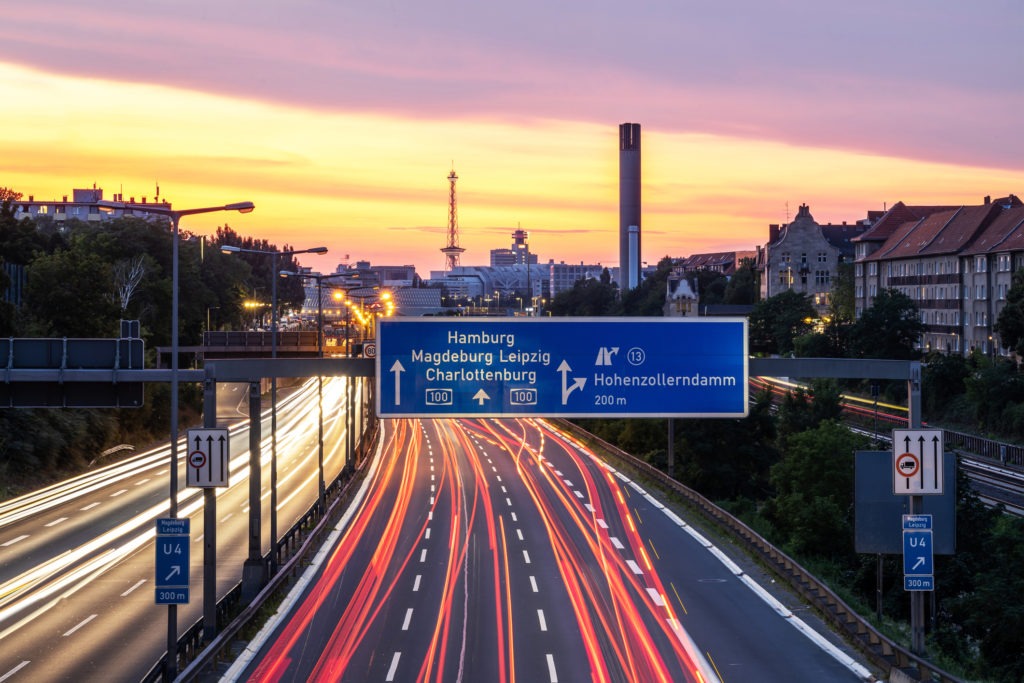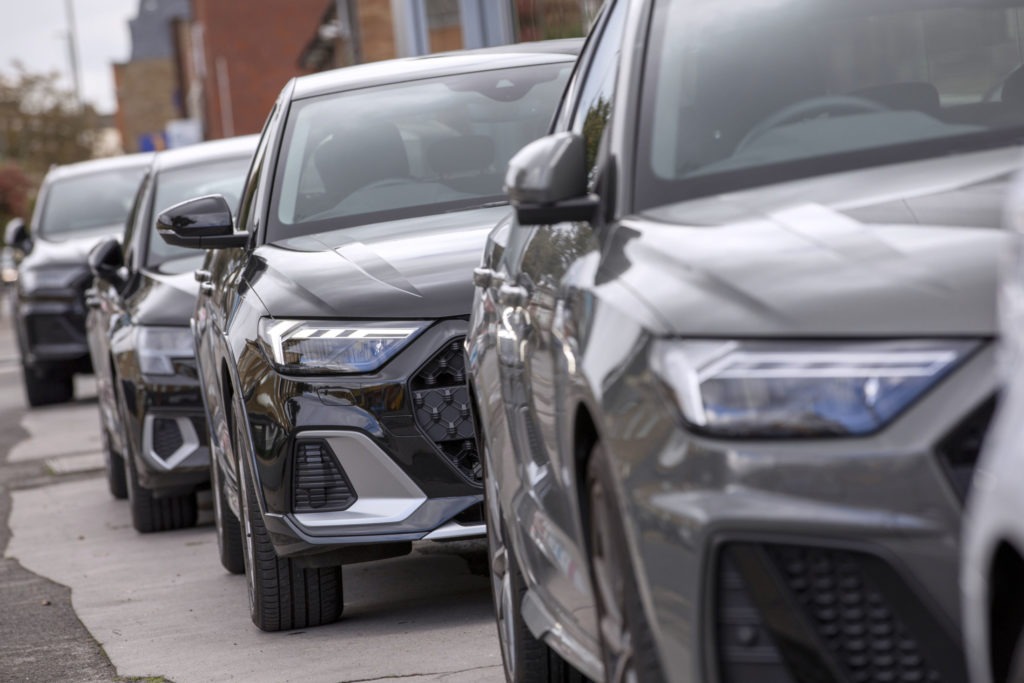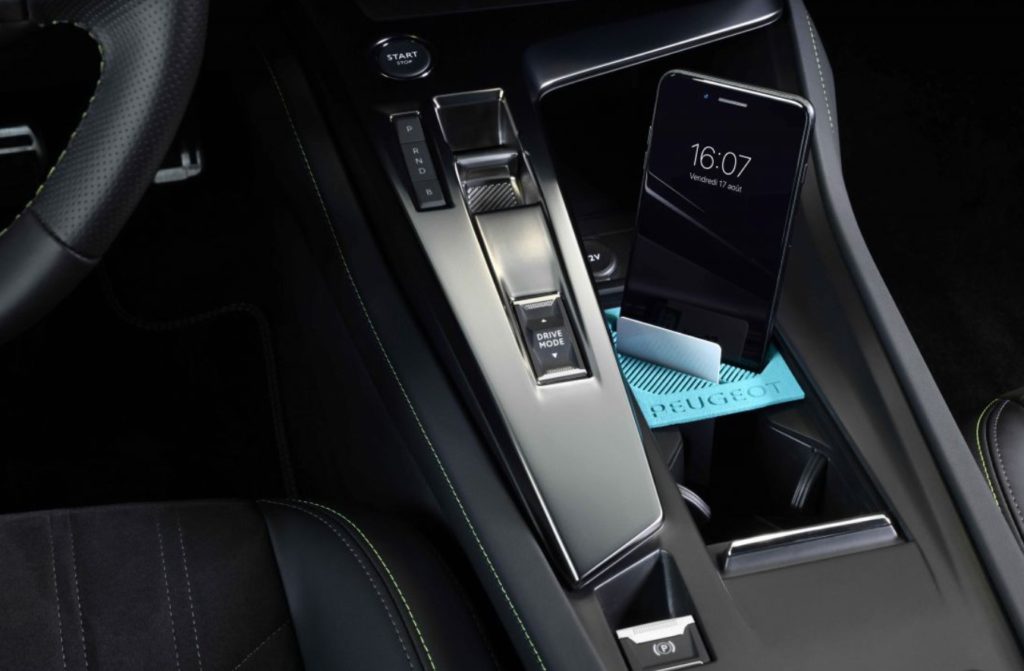This week’s automotive headlines – 9 April 2022
09 April 2022

Autovista24 looks at some of the biggest headlines in the automotive industry from the past seven days. In this week’s round-up, Hertz and Polestar partner up, Sono Motors’s Sion to be built in Finland, Mercedes-Benz simplifies EV charging costs, the Irish government aims to bolster electric-car infrastructure, manufacturers will need to ‘become miners’, and Iveco inks electromobility agreement to electrify commercial fleets.
Hertz and Polestar partner up
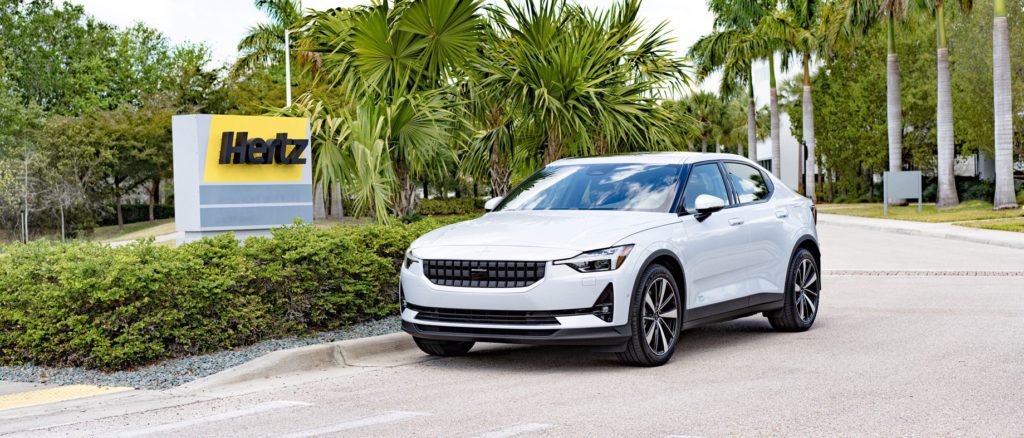
One of the world’s biggest vehicle rental businesses has announced a global partnership with premium electric-vehicle (EV) manufacturer Polestar. The deal will see Hertz purchase 65,000 units from the Swedish carmaker over the next five years. This follows Hertz’ announcement in October 2021 that the company plans to offer the largest EV rental fleet in North America. Initially, Hertz will order Polestar 2 models, planning to make them available from Spring 2022 in Europe, and late 2022 in North America and Australia. ‘Polestar is committed to accelerating the move to electric mobility with a fascinating and innovative product portfolio,’ commented Polestar CEO Thomas Ingenlath. ‘We are delighted that Hertz has chosen Polestar as a strategic partner on their road to electrification. The partnership with a global pioneer like Hertz will bring the amazing experience of driving an electric car to a wider audience. For many, it may be the first time they have driven an EV, and it will be a Polestar.’
Sono Motor’s Sion to be built in Finland
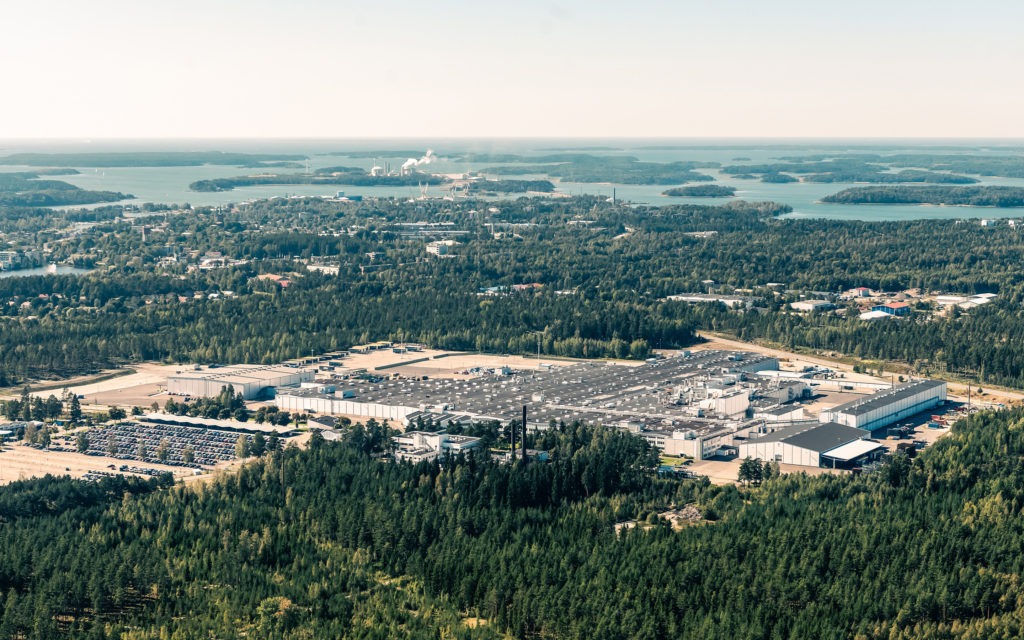
Munich-based manufacturer Sono Motors will produce its solar electric vehicle (SEV), the Sion, in Uusikaupunki, Finland. The German company signed an agreement with Finnish contract manufacturer Valmet Automotive, which has a production capacity of over 257,000 vehicles over a seven-year period, equating to around 43,000 units per year. Valmet Automotive’s relationship with car manufacturing goes back to 1968, and the company started out as a joint venture with now-defunct Swedish carmaker Saab. Today the firm is one of the largest vehicle contract manufacturers in the world and a Tier 1 systems supplier for convertible roof and kinematic systems, as well as battery systems. ‘The cooperation marks another milestone towards delivering the Sion to our growing community. We are convinced that collaborating with such a reliable and experienced partner is an excellent match for bringing the Sion to the streets, while securing high-quality standards,’ stated Laurin Hahn, CEO and co-founder of Sono Motors. ‘Together we are well-positioned to keep our promise and deliver a climate-neutral Sion to our customers.’
Mercedes-Benz simplifies charging costs
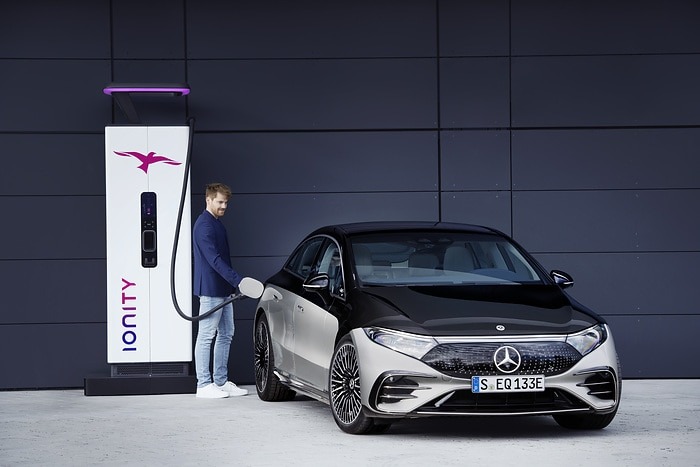
The Mercedes me Charge network will see the introduction of a simplified three-tiered costing format to suit a variety of EV infrastructure needs. From June 2022, there will be a new tariff system, simply labelled S, M and L, across approximately 300,000 charging points in Europe. These are aimed at different driving, performance and transportation needs, to give customers access to fixed prices that apply regardless of the operator. ‘Depending on their personal driving profile, customers will in future be able to choose the right Mercedes me Charge tariff for them, and thus plan their charging costs more clearly and concretely. The new Mercedes me Charge tariffs give our customers convenient access to a sustainable charging infrastructure for electrified vehicles in Europe,’ confirmed Britta Seeger, board member at Mercedes-Benz Group.
Irish government to bolster charging infrastructure

Ireland’s Electric Vehicle Charging Strategy has been unveiled, pledging that the nation’s charging infrastructure will stay ahead of the rising EV demand. The strategy has highlighted four main categories relating to the EV charging framework, spanning at-home charging, on-street charging, destination charging (e.g. retail parks), and roadside charging availability. Dovetailing with the Irish government’s wider aims to move towards a decarbonised transport system within both an urban and rural context, and a pledge to see nearly a million EVs by 2030, the strategy is now open for public consultation. ‘At this early stage in our adoption of EVs there is an opportunity for us to learn from best practice and creative solutions that have been tested in other locations already and to shape our policy so that we can deliver a network of publicly accessible infrastructure that is world-class in terms of its interoperability,’ commented minister of transport Eamon Ryan.
Manufacturers will need to ‘become miners’
A number of insightful points emerged from Benchmark’s inaugural Battery Megafactories Europe 2022 event in Berlin. Central to the event was an analysis of Europe’s EV and battery supply chain, assessing how infrastructure and logistics will develop. One of the key takeaways from the event was that car companies need to take drastic action to achieve the raw material capacity required to meet demand. Benchmark’s Simon Moores stressed that manufacturers will ‘need to become miners’ and invest in related operational frameworks, to bring new raw material mining capacity, not just refining capacity, to market. In addition to this, Benchmark’s Daisy Jennings-Gray highlighted the ‘the huge raw material disconnect,’ with the spotlight being shone on raw material availability fears regarding the availability of lithium and nickel following recent price spikes.
Iveco ink electromobility MoU
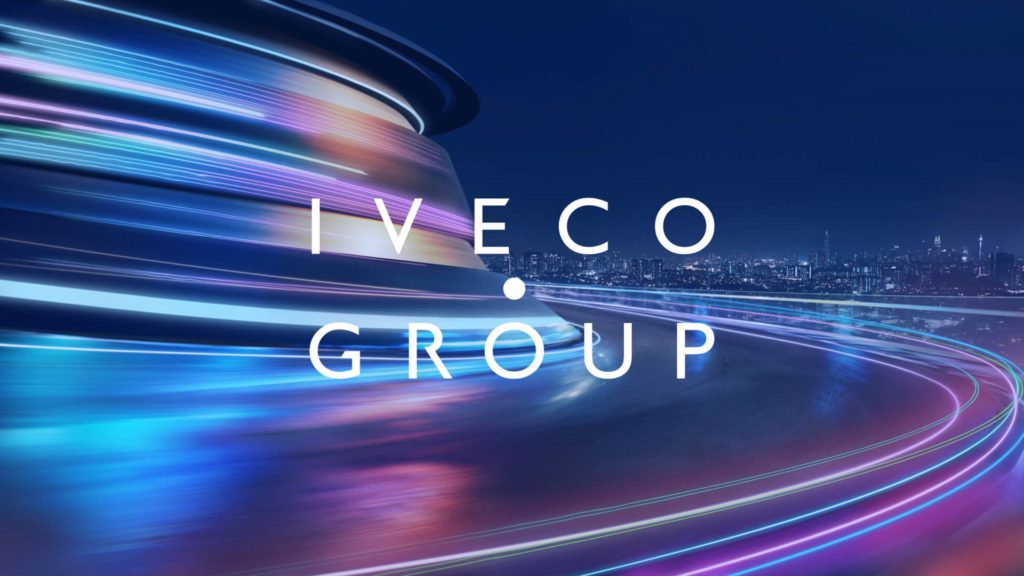
Industrial and commercial vehicle manufacturer Iveco has signed a non-bonding MoU with Italian electromobility company Enel X, to help advance the electrification of light commercial vehicles, heavy-duty vehicles and buses. The two companies will focus on how Iveco electric trucks can support the transition to zero-emission mobility, while examining new joint opportunities in other transport segments, encompassing charging infrastructure and developing smart charging and vehicle-to-grid systems. ‘We have embarked on a path towards zero CO2 emissions, where electrification is a fundamental enabler for achieving the objectives of the entire commercial vehicle sector,’ commented Luca Sra, president truck business unit, Iveco Group. ‘We are fully committed to this path, and the MoU that we are signing today with Enel X marks the beginning of a strategic collaboration for Iveco with one of the most advanced players in the energy sector. We are confident that this will create opportunities to further accelerate the energy transition we are driving.’
